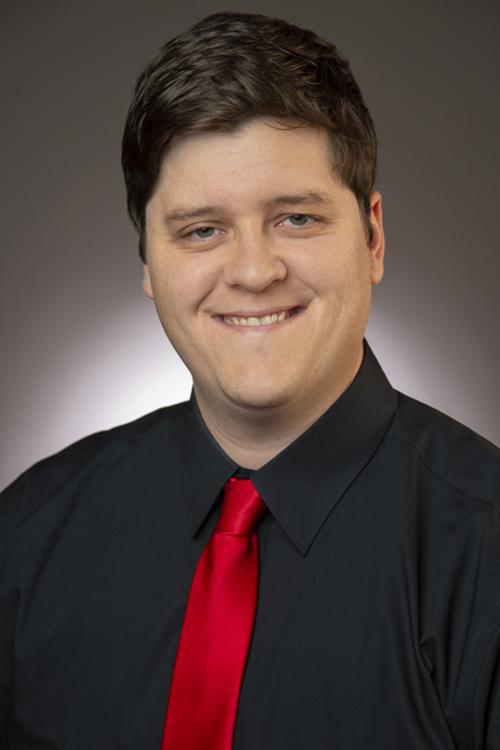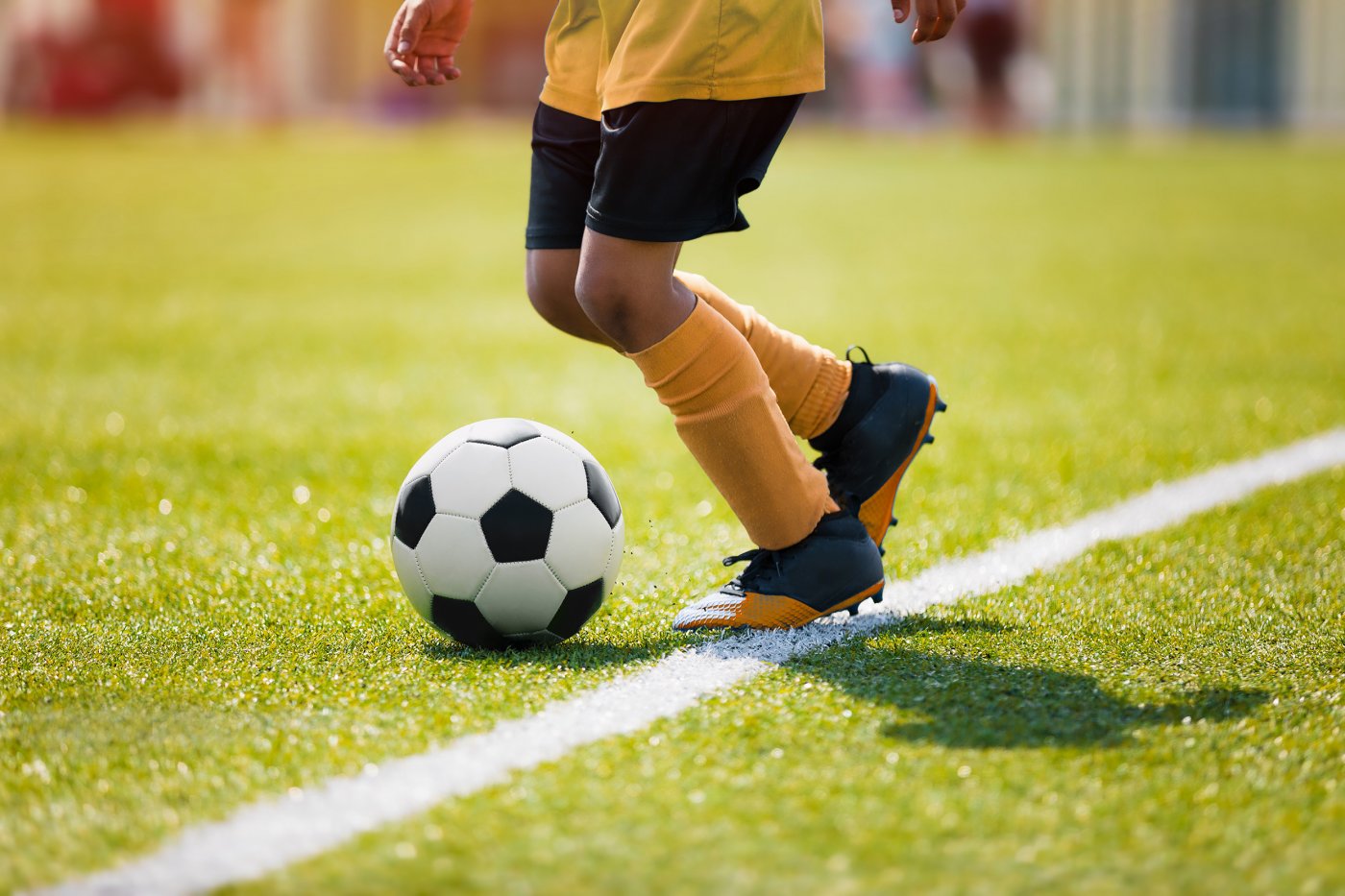It seems like every day we are hearing and learning about more progress being made for the return of sports. Soccer has begun in many places, the NBA and MLB are planning on finishing their seasons, golf and tennis have started back, and college and professional football players are getting back to preseason workouts. It’s also that time of the year when recreational leagues, pee-wee sports, and travel ball begin practicing.
As parents, it is important to notice when something is off at practice and if our children may be avoiding telling us about an injury or concern. Your child may want nothing to stand in their way of playing sports with their friends, even if it means trying to play through pain. We all know the saying, “No Pain, No Gain” and while that statement in-and-of-itself may be a topic for another post, should our children have this mentality? The answer is no, especially when their growth plates are still open.
There is a condition that can happen in children who have open growth plates called Apophysitis.
What is Apophysitis?
Apophysitis is an inflammation or a stress injury to any muscle or tendon that attaches to an area of a bone where a growth plate is located. The number one cause of this condition is overuse followed closely by an acute injury (a fall or a rapid, powerful movement).
What are the symptoms of Apophysitis?
While the symptoms of apophysitis can vary, there are a few key things to watch for in a young athlete. The number one symptom to watch for is pain that worsens during or after repetitive sport-related activities such as running, jumping, and/or throwing. Also, there should be a concern if you notice pain, swelling, and/or tenderness to the touch over a growth plate area at the shoulder, elbow, hip, knee, heel, or foot.
When are kids most at risk?
The most common risk factors for any apophysitis are periods of rapid growth where muscles and tendons can become tight and inflexible. Young athletes who play sports or perform repetitive activities such as running, jumping, or throwing and who then play through the pain are at risk.
How is it diagnosed?
If these symptoms should appear and you think your child may have apophysitis, you should contact your pediatrician or sports medicine physician immediately. Generally, this condition is diagnosed with a simple history and physical exam, your physician may get x-rays to either confirm their suspicions or to rule out potentially worse injuries such as fractures or dislocations.
What are the most common types of apophysitis?
Let’s say you’ve been noticing your child has been experiencing pain and you are convinced they are having symptoms of apophysitis. You decide to bring them in to see their pediatrician, family medicine, or sports medicine physician and they confirm the diagnosis. They may use specific diagnoses about your child’s pain.
Common Conditions:
- Little Leaguer Shoulder – Pain to the upper outer part of the arm, especially with throwing/pitching motions
- Little Leaguer Elbow – Pain located on the bony part of the inner aspect of the elbow, again with throwing/pitching motions
- Iliac Crest Apophysitis – Pain is around the bony part of the upper hip area near the waist, most often associated with a quick, forceful sprint/turn
- Sinding-Larsen-Johansson (SLJ) Syndrome – Pain located at the bottom part of the knee cap, most commonly from jumping motions
- Osgood Schlatter’s Disease – Pain is located on the bony prominence of the leg just past the knee cap that’s called the Tibial Tubercle, most commonly from jumping motions
- Sever’s Disease – Pain on the back or underside aspect of the heel, most commonly from running, jumping, or hard trauma to the heel
- Iselin’s Disease – Pain along the outside part of the foot, most commonly from running, jumping, or a twisting injury
What are the common treatments for apophysitis?
Treatment depends on the location and severity of the injury. Often times, the best medicine for an apophysitis initially is rest and taking a break from the sport. Some other treatments that your sports medicine physician may discuss with you are:
- NSAIDs (or anti-inflammatories) to help control pain and reduce inflammation
- Ice, which works as a topical anti-inflammatory and can help alleviate and control pain
- Medical equipment such as braces can protect the area of concern and sometimes alleviate pain. In some cases, your physician may recommend a time of mobilization and/or non-weight bearing using a walking boot, crutches, and at times a cast
- Finally, rehabilitation with an athletic trainer or a physical therapist that will include stretching, strengthening and treatments to reduce pain and prevent future injury
How to prevent Apophysitis
Parents, coaches, and young athletes can help prevent apophysitis in athletes by being aware of activity-related pain and recognizing the symptoms of apophysitis early. If a child is having pain with an activity, they should rest until the pain has resolved before returning to those activities. It is important to maintain and improve the flexibility of muscles as your child grows. Stretching and proper warmups before activities are an essential part of any sport.
Avoiding sport specialization (one sport year-round) is also paramount. Doing this will allow your child’s body to rest from more strenuous and repetitive sports activities like throwing or jumping and will help prevent overuse injuries.
Again, while most Apophysitis injuries are treated with conservative therapy, if you believe your child has the symptoms consistent with apophysitis please contact your pediatrician or sports medicine physician for further evaluation.
Schedule An Appointment
For questions, more information or to schedule an appointment, please contact NGPG Orthopedic Surgery & Sports Medicine.
About NGPG Sports Medicine
NGPG’s Sports Medicine Team consists of board-certified physicians offering more than 20 years of sports medicine experience treating patients of all ages. Specialized in treating sports-related injuries, our team is dedicated to helping athletes return to the big game and the active lifestyle they know and love.



